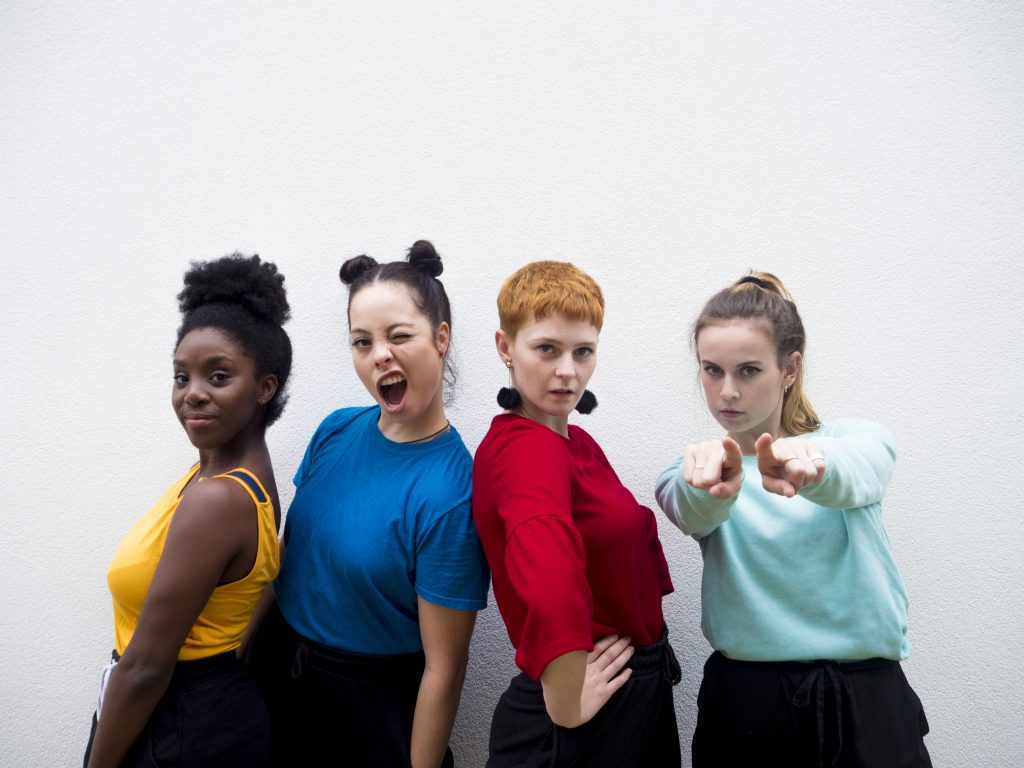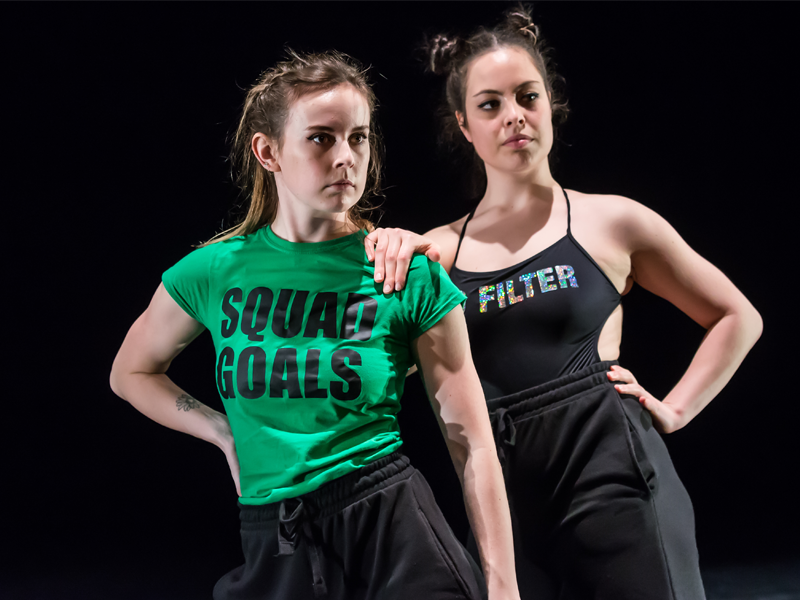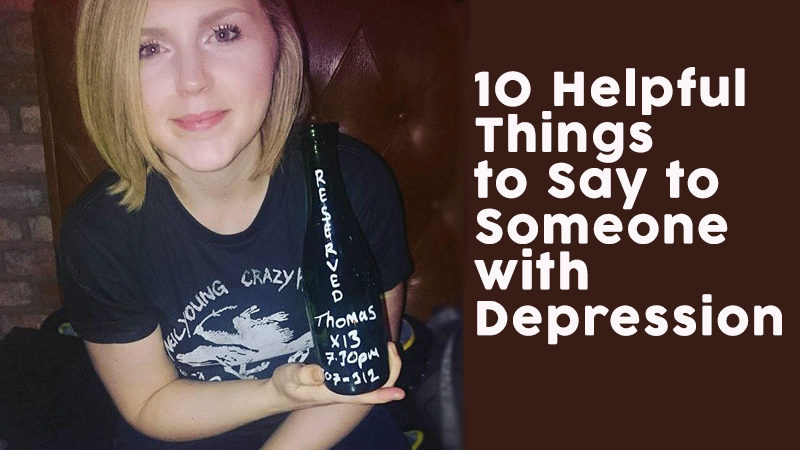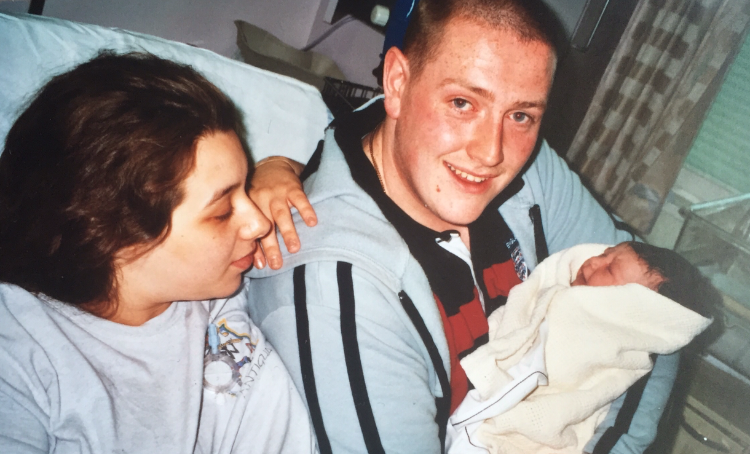
Do you think dance can have a positive effect on your mental health?
Absolutely. Many scientific studies have concluded that dancing has a positive effect on mental health. Moving to music in whatever form or capacity is enjoyable. Whether that is in a structured dance session or just putting on a great song and boogying around in the kitchen- dancing really is fun and something I believe we should all do much more of! Dancing is often something we share with others. This connection and building of relationships is immensely positive on our mental health too. Dance also establishes and develops an understanding and appreciation of self. Valuing yourself and how you move.
Have you found that dance can be a tool for self-expression?
Definitely- contemporary dance is all about you as an individual. What you personally bring is really valued and encouraged. Dance is used as a tool by many to express emotions and feelings that might be harder to express through words or other mediums. Dance is a universal and non-judgemental language, which allows people to connect and express themselves fully. Dance is also used as a form of release, as it engages both the mind and body simultaneously. I couldn’t recommend it enough!

Your new project #NoFilter focuses on the pressure young people face and the effect this has on mental health – what made you choose this topic?
I was very keen to make a dance work that is relevant and timely. The pressures facing young people today are paramount and nothing like anything that has gone before. Schools are struggling to keep up with the ever changing pressures and young people are are often left immersed in this online world with little support or discussion around how it might be affecting them. From leading workshops with young people, it has become clear that social media is massively affecting how young people view themselves and each other- which in turn is dramatically impacting their mental health. #nofilter explores the complex millennial experience, from kale to Kardashians, and its impact on wellbeing. #nofilter aims to unpack some of the pressures and bizarre ideals that have become norms in popular culture. #nofilter also aims to be the starting point for discussions which reach far beyond the performance piece and into young people’s lives.
What difference do you think projects like #NoFilter can make to the way we talk about mental health?
I hope #nofilter opens up a conversation for young people and the audiences it reaches. #nofilter is a comedic contemporary dance piece, and I use comedy as a tool to connect with people. By bringing down these barriers, I find audiences feel more comfortable and open to then engage with some of the more challenging topics presented on stage. #nofilter aims to present mental health in a relevant and accessible format- inviting audiences to consider their personal engagement with social media and pop culture, and how this might be affecting their wellbeing. #nofilter takes the predictable and judgemental ‘social media and wellbeing’ discussion out of a PSHE classroom and into an explosive and comedic dance piece. I am also delivering #nofilter dance and wellbeing workshops in schools and community centres. The workshops are participant led and equip students with the tools to explore their mental health through dance- ensuring a lasting legacy for #nofilter.



